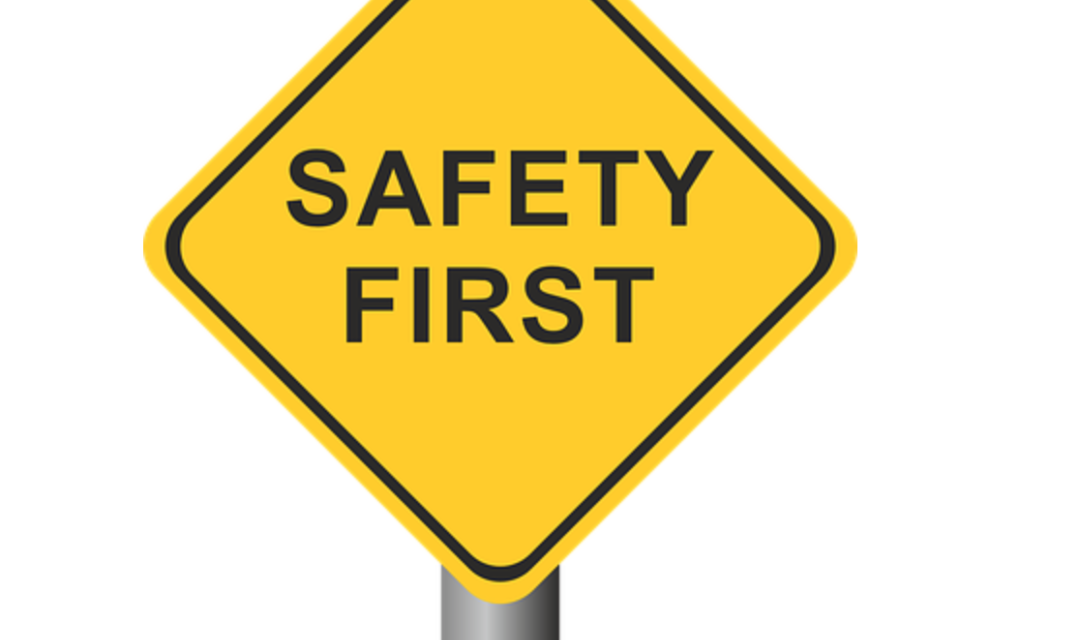Guilford County isn’t going to see the same damage Florida saw as a result of Hurricane Ian; however, state officials are warning all state residents that they should take steps to prepare.
The North Carolina Department of Health and Human Services (NCDHHS) sent out the advice on Thursday, Sept. 29, the day before the brunt of the storm hit the state.
NCDHHS officials are urging everyone to properly prepare for the storm and there are some threats people may not have considered.
One danger is carbon monoxide poisoning from power generators used after the storm.
“People are cautioned against using gasoline-powered generators or tools, outdoor grills and camp stoves in enclosed spaces,” state safety officials warned. “These devices should be used outside only and at least 20 feet away from windows, doors and air vents to avoid carbon monoxide poisoning.”
Since carbon monoxide is odorless and colorless – and is produced whenever fuel is burned – people should be very wary when using a generator in an enclosed area, such as a home, garage or camper. In confined areas, carbon monoxide can quickly build up to deadly levels within minutes — especially when it comes to children, pregnant women, older adults or those with chronic illness.
State officials warn that even low levels of carbon monoxide can cause dizziness, fatigue, nausea, headaches and fainting.
They’re also suggesting that residents protect private wells and septic tanks from floods since excessive rain can cause water in private wells to become contaminated.
Flooding can also cause problems with septic tanks leading to contamination from human sewage.
Proper steps that can be taken to prepare wells and septic tanks before a storm can be found at https://ehs.dph.ncdhhs.gov/oswp/docs/Septicsystems-and- wellinfloodingCondition-FACTSHEETS.pdf.
Here are some other tips from the state as Ian hits: •Don’t walk in, play in or drive through flooded areas. The catchy phrase they’re using is “Turn around – don’t drown” (They note that water contains hidden hazards and may be deeper and faster moving than it appears.)
• Wear shoes at all times.
• Stay away from downed power lines.
• If you get a cut or puncture wound during the storm, get a tetanus booster shot if you haven’t had one in the last 5 years.
• Empty standing water from containers inside and outside the home to prevent mosquitoes and mosquito-borne illnesses.
More information regarding major storm preparation and response can be found at www.ncdhhs.gov/disaster-recovery.


Running any engine indoors is an act of object ignorance, or even stoopidity. You can’t fix stoopid, but you can fix ignorance – if you can turn off the idiot box.
Why do we need BB to tell us not to store gasoline indoors? Does BB think we are all that dumb?
Can we just get the government out of our face?
Thank you BB, I didn’t know all that.